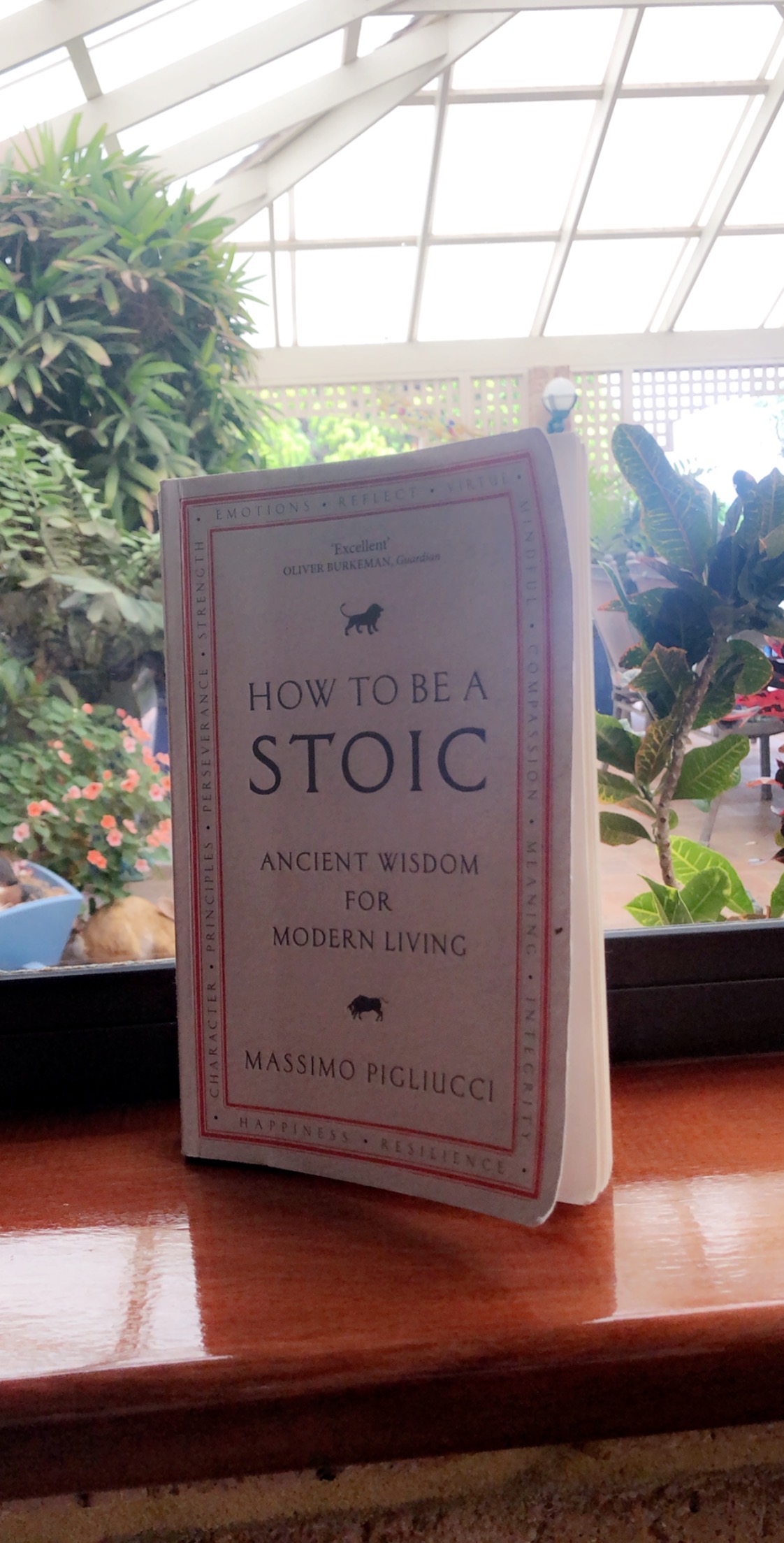

It concerns itself with three disciplines. It is about what we can do to lead a good life. When we say someone is stoical, we imply they are rather passive, tolerating what comes to them without question or emotion.īut in reality, Stoicism is not at all passive, and it is not about suppressing emotion. Stoicism, however, is often misunderstood. It developed in Rome to such an extent that Marcus Aurelius, a Roman emperor in the second century CE, was himself a Stoic philosopher. It thrived, and in 155 BCE spread to Rome when key Stoic philosophers were sent there as ambassadors. Stoicism started in Athens around 300 BCE.

One philosophy that can provide some answers is Stoicism, so called because its first followers met beneath the S toa Poikile, meaning “painted porch,” in ancient Athens. Throughout history, religious leaders, scientists and philosophers have tried to answer the question: how can we live a good life? How should we deal with life’s problems, treat our friends and neighbors, react to adversity and prepare for death? why a healthy attitude to death will help you appreciate your life.why looking at your experiences through someone else's eyes can help you make sensible decisions and.why wisdom is the most important virtue.

In this summary of How to Be a Stoic by Massimo Pigliucci, you’ll learn: You’ll get practical tips from ancient philosophers and see how role models can inspire you to a better life. In this book summary, you’ll discover how to lead a life based on Stoic principles, how to prioritize what is important and what you have the power to change, and how to worry less about the things that are unimportant and out of your control.

Stoic philosophers were interested in the practicalities of living a good, virtuous life, from how to foreground your friendships to dealing with daily frustrations. Stoicism, a philosophy developed in the ancient world, has a lot to tell us about how we can live today. How should we tackle life’s challenges? What’s the best way to behave and conduct ourselves toward others? And how should we face up to the ultimate challenge: our own demise? The question of how to live has been necessary for every culture, religion and society in history.


 0 kommentar(er)
0 kommentar(er)
